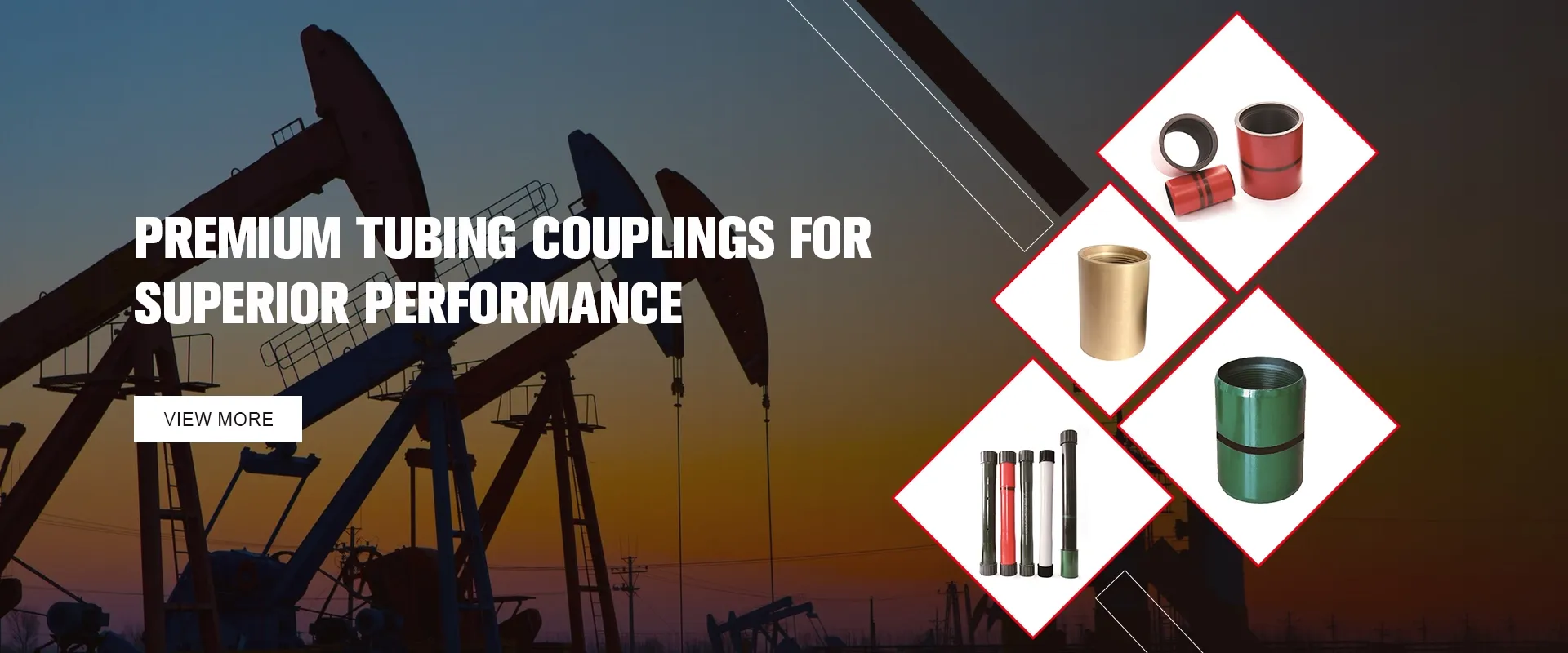- Afrikaans
- Albanian
- Amharic
- Arabic
- Armenian
- Azerbaijani
- Basque
- Belarusian
- Bengali
- Bosnian
- Bulgarian
- Catalan
- Cebuano
- Corsican
- Croatian
- Czech
- Danish
- Dutch
- English
- Esperanto
- Estonian
- Finnish
- French
- Frisian
- Galician
- Georgian
- German
- Greek
- Gujarati
- Haitian Creole
- hausa
- hawaiian
- Hebrew
- Hindi
- Miao
- Hungarian
- Icelandic
- igbo
- Indonesian
- irish
- Italian
- Japanese
- Javanese
- Kannada
- kazakh
- Khmer
- Rwandese
- Korean
- Kurdish
- Kyrgyz
- Lao
- Latin
- Latvian
- Lithuanian
- Luxembourgish
- Macedonian
- Malgashi
- Malay
- Malayalam
- Maltese
- Maori
- Marathi
- Mongolian
- Myanmar
- Nepali
- Norwegian
- Norwegian
- Occitan
- Pashto
- Persian
- Polish
- Portuguese
- Punjabi
- Romanian
- Russian
- Samoan
- Scottish Gaelic
- Serbian
- Sesotho
- Shona
- Sindhi
- Sinhala
- Slovak
- Slovenian
- Somali
- Spanish
- Sundanese
- Swahili
- Swedish
- Tagalog
- Tajik
- Tamil
- Tatar
- Telugu
- Thai
- Turkish
- Turkmen
- Ukrainian
- Urdu
- Uighur
- Uzbek
- Vietnamese
- Welsh
- Bantu
- Yiddish
- Yoruba
- Zulu
Wholesale Finished Casing Couplings for Oil and Gas Industry Applications
Understanding Wholesale Finished Casing Couplings A Comprehensive Overview
In the oil and gas industry, the integrity of well construction and maintenance is paramount. Among the crucial components that ensure the stability of wells are casings and couplings. Specifically, finished casing couplings play a vital role in connecting sections of casing, which are tubular structures that line the borehole. This article explores the concept of wholesale finished casing couplings, their importance, types, and the factors influencing their demand in the market.
What are Finished Casing Couplings?
Finished casing couplings are metallic pieces designed to connect the lengths of casing together in oil and gas wells. These couplings are precision-engineered to withstand high pressures and corrosive environments, ensuring a secure and durable connection. The coupling must meet specific industry standards and specifications to ensure optimal performance and safety during drilling and production operations.
Importance of Finished Casing Couplings
The significance of finished casing couplings can hardly be overstated. They provide structural support, prevent the collapse of the wellbore, and aid in maintaining pressure within the well. During well completion, these couplings also facilitate the installation of various components such as chemical injection lines, measurement tools, and production tubing. A well-designed coupling can significantly reduce the risks of leaks and failures in the well, which can lead to costly downtime, environmental hazards, and potential safety issues.
Types of Finished Casing Couplings
1. Threaded Couplings These are the most traditional form of couplings, featuring threaded ends that allow for easy assembly and disassembly. They are commonly used for both surface and subsurface applications.
2. Welded Couplings As the name suggests, these couplings are welded to the casing pipes, providing a permanent and robust joint. They are often used in high-pressure applications where a strong bond is essential.
3. Couplings with Special Coatings To enhance corrosion resistance, various coatings can be applied to finished casing couplings. These coatings increase the lifespan of the couplings, especially in harsh environments.
wholesale finished casing coupling

4. Specialized Couplings In some cases, customized couplings are manufactured to meet specific operational requirements, including enhanced strength or unique compatibility with other drilling components.
Factors Affecting the Wholesale Market for Finished Casing Couplings
The wholesale market for finished casing couplings is influenced by various factors
- Market Demand The demand for couplings is closely tied to the activity levels in the oil and gas sector. Fluctuations in crude oil prices often impact drilling operations and, subsequently, the need for casing and coupling products.
- Technological Advancements Innovations in manufacturing processes and materials can create opportunities for the development of more efficient and durable couplings, thus influencing purchasing decisions in the wholesale market.
- Regulatory Standards Compliance with industry and environmental regulations is vital. Couplings that meet stringent quality and safety standards are more likely to see demand in the wholesaler market.
- Geographical Factors The location of drilling activities significantly affects the types of couplings required. Regions with specific geological characteristics may necessitate different coupling designs based on local conditions.
Conclusion
Wholesale finished casing couplings are indispensable in maintaining the integrity and safety of oil and gas wells. Understanding their importance, types, and the dynamics of the wholesale market can provide stakeholders with insights that facilitate better decision-making. As the industry evolves, ongoing developments in materials and design will likely continue to shape the future of finished casing couplings, ensuring they remain a critical component of well construction and maintenance.
-
Tubing Pup Joints: Essential Components for Oil and Gas OperationsNewsJul.10,2025
-
Pup Joints: Essential Components for Reliable Drilling OperationsNewsJul.10,2025
-
Pipe Couplings: Connecting Your World EfficientlyNewsJul.10,2025
-
Mastering Oilfield Operations with Quality Tubing and CasingNewsJul.10,2025
-
High-Quality Casing Couplings for Every NeedNewsJul.10,2025
-
Boost Your Drilling Efficiency with Premium Crossover Tools & Seating NipplesNewsJul.10,2025







